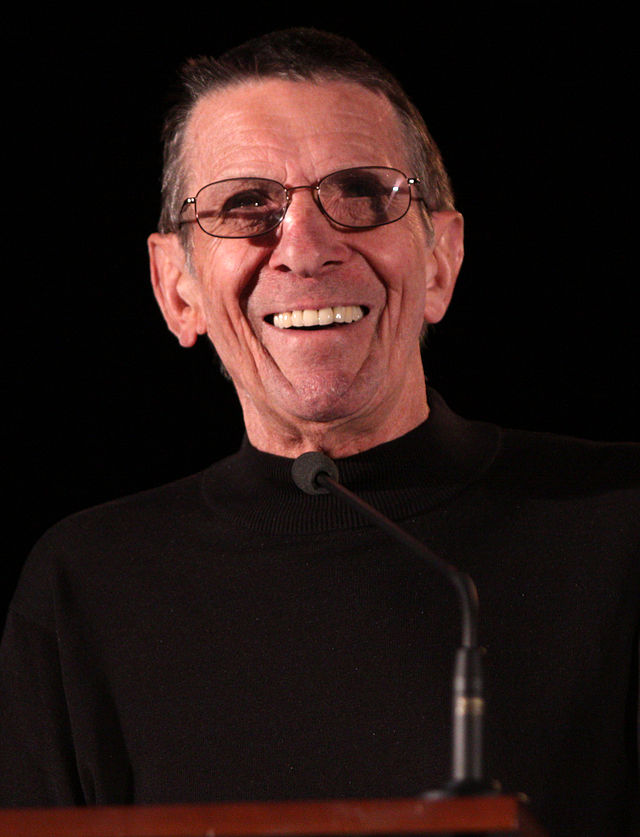For most people, March 17 is a day to celebrate
being – or pretending to be – Irish. For me, though, it’s the anniversary of a
day that changed my life.
On St. Patrick’s Day, 2009, I was sitting at a red
light when I was rear-ended (no alcohol involved). It was not the first time it happened to me, but
this time turned out to be very different. I became one of the 2.3 million
people who suffer a traumatic brain injury each year.
The car sustained very minor damage. I had terrible
head pain, but again, I didn’t think much of it. That evening, I was nauseous. I
assumed I was just upset about the accident. I know full well the signs of a
concussion, but it just didn’t occur to me that that was a possibility. I even
took a nap, and later slept through the night.
The following morning, nothing had changed: I was
still nauseous with a severe headache. But when I called the insurance company
I had trouble writing down claim numbers. Later, I was driving again when I realized
something was very wrong. I felt like I was in a fog. I couldn’t focus. I pulled
over and called my doctor, who directed me to the closest emergency room.
Six hours, a handful of x-rays and a CT-scan later,
I was released with a neck brace and an order for an MRI. I kept asking if I
had a concussion, and no one would answer, until the doctor who signed me out
finally said, ‘well, you certainly have the symptoms’. Eight Tylenol a day and
“take it easy” were my only instructions.
When we think about head injuries – if we do – it’s
normally in the context of professional athletes or members of the military.
But thousands of people each year who are not football players or soldiers
suffer traumatic brain injuries from falls in the home or car accidents.
Those around me were used to me operating at a
certain level of competence. No longer.
Initially, the effects were obvious: nausea that
lasted a couple days, a neck brace I wore for a week, a severe headache for six
weeks. I didn’t drive for a month, and even then, not on the highway for
another week or so. I didn’t feel confident at all about my reaction time or
ability to focus on the task at hand.
I couldn’t read: partly because of the headaches,
but also because I couldn’t retain what I read. Watching TV posed the same
challenges: I couldn’t remember characters or plot lines.
When I talked, my headache got worse. I could say
two, maybe three sentences without having to stop because the pain spiked. Talking
also made me short of breath. I had to almost whisper to avoid pain.
I thought I couldn’t remember things, but in truth,
they never stuck in my head to begin with. They weren’t there to forget. Someone
would say something to me and I’d nod and agree, when in fact, by the time they
finished their sentence, I had no idea what they’d said. I was constantly reminded
of things I had no memory of hearing the first time.
My sense of direction failed me time and again. My
handwriting was difficult to read. I found myself having trouble writing
certain letters. Sometimes the act of writing was difficult to control,
resulting in a wild-looking scrawl.
After a year, I gave up a 15 year, award-winning
sales career. I couldn’t remember prices or procedures consistently. I made stupid mistakes submitting orders, costing
me money out of my own pocket. That added to my stress, which increased my
confusion, which added to my stress.
Six years later I feel the effects to some extent
almost every day. If I can control the stress - a big “if” - I have a truly
normal day. If not…not. I’m still reminding those around me of actions that can
trigger problems for me. But I’m resentful that I’m still reminding them. I
know they’re tired of dealing with this, but they have no concept what it’s
like to be me.
A brain injury is “invisible”. You wouldn’t hesitate
to sympathize with a person whose arm was in a cast, or who had to use
crutches. But because others can’t see what you’re dealing with, you can find
yourself the butt of jokes – even from those close to you.
You may have a friend who has suffered a brain
injury. You may even have made jokes about it, and I imagine they smiled when
you did. But I can assure you that they died a little inside.
Because I didn’t pass out or fracture my skull, my
concussion was not taken seriously by my doctors. What care I’ve had has been
mainly self-directed. I will be forever grateful to the people I’ve seen for
cranial-sacral therapy and the wonderful staff at the Rehabilitation Institute
of Chicago.
I won’t lie: I cried a lot. I grieved for what
happened to me. I grieved for the woman I would no longer be: the dependable, multi-tasking,
entrepreneurial over-achiever. It took months, but I accepted that I was
different now: no more multi-tasking. As it turned out, that wasn’t all that
bad.
About five months after the accident, I was suddenly
able to start on the book I promised my friend Delle I’d write. My creative
side – long dormant – was unleashed. So I guess I owe something to the nasty
little man who rear-ended me: a new career.
I hope you’ll take the time to check out this link
about Brain Injury Awareness. And next time you talk to a friend who has
suffered one, forget about jokes. Ask “how are you doing?” And listen. It will
mean the world to them. Trust me.
Brain Injury Fact Sheet





